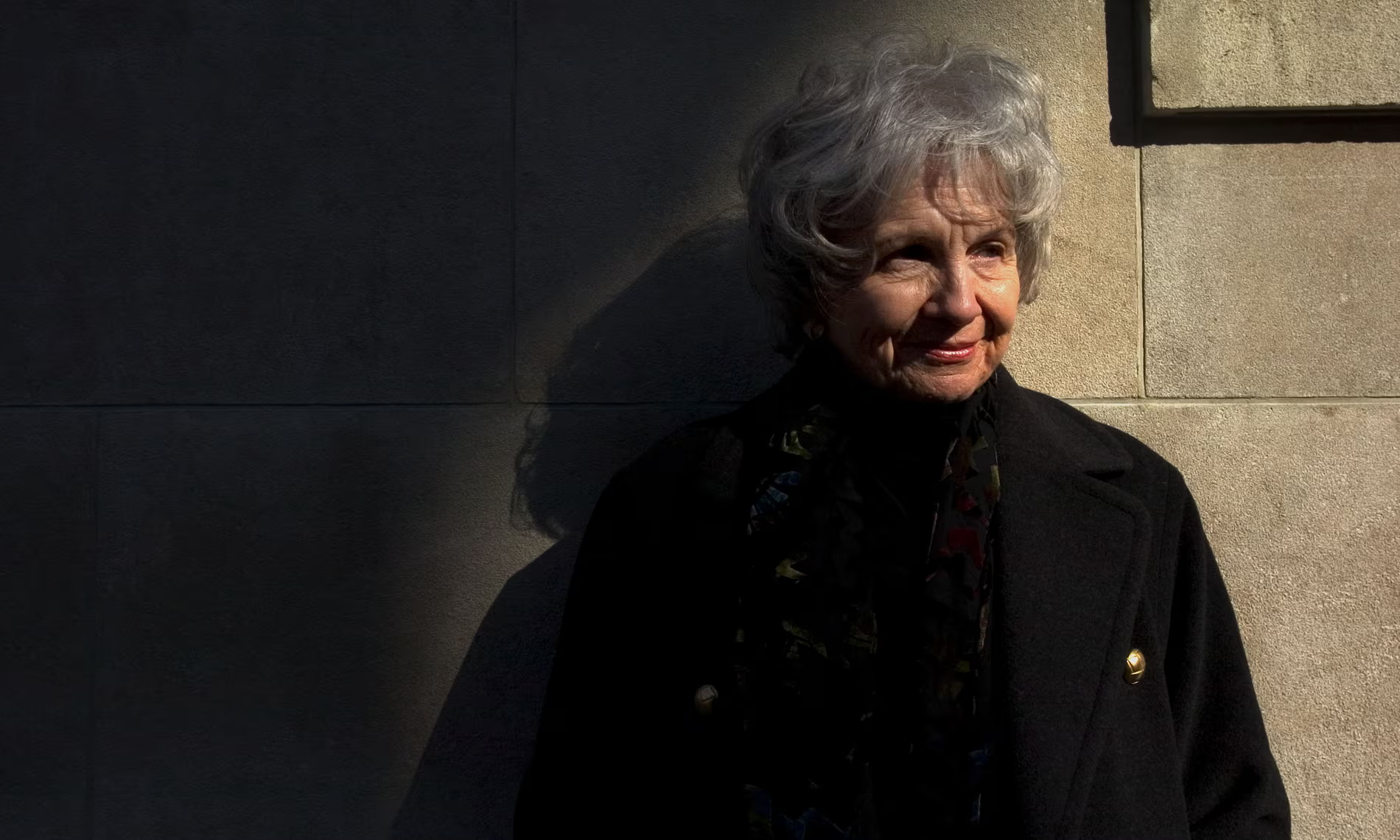Alice Munro knew my stepfather was asexually abusive father to me as a kid, says Nobel laureate’s daughter
Andrea Robin Skinner says her stepfather sexually assaulted and abused her when she was just nine years old. However, her mother says she loved the man too much’ abandon him
The daughter of Nobel prize winner Alice Munro , Andrea Robin Skinner, has alleged that her stepfather sexually abused her as a child, and that her mother stayed with him even after he admitted to the abuse.
Skinner disclosed the allegations in an essay and report in the Canadian newspaper Toronto Star on the weekend. She outlined the way the father of her child, Gerald Fremlin, began sexually assaulting her in the year 1976 when she was just nine years older and he was in his 50s.
She claims that Fremlin was able to get into an unoccupied bed sleeping in her mother’s house located in Clinton, Ontario, and sexually assaulted her. Skinner confessed to her dad, James Munro, whom she said did not reveal to Munro.
Then, in the next few years, Skinner says Fremlin propositioned her, posed himself to her as well as “told me about the little girls in the neighbourhood he liked”. Skinner claimed that he stopped attacking her as she became an adult however, she began to experience migraines, insomnia, and bulimia and blamed it on the violence.
The year was 2005 and Skinner turned himself in to police. Fremlin who was 80 at the time, was charged with assault indecent against Skinner and admitted guilt. He was given an indefinite suspension sentence and two years of probation. Munro continued to live with Fremlin until his death in the year 2013.
Munro was widely regarded to be one of the best short-story writers of all time, and who was awarded the Nobel prize for literature in 2013, passed away in the month of September at the age 92.
Skinner stated that she had first informed her mom about abuse back in the year 1992 at the time she reached her teens. She began writing a letter to her mother following the time that Munro made a comment about an individual in a novel which was sexually assaulted from her stepfather.
In contrast, Skinner said that Munro “reacted exactly as I had feared she would, as if she had learned of an infidelity”.
Munro briefly left Fremlin who acknowledged in his letters the abuse, but blamed the incident on Skinner. “If the worst comes to worst I intend to go public,” Munro wrote, as per Skinner. “I will make available for publication a number of photographs, notably some taken at my cabin near Ottawa which are extremely eloquent … one of Andrea in my underwear shorts.”
“She said that she had been ‘told too late,’ … she loved him too much, and that our misogynistic culture was to blame if I expected her to deny her own needs, sacrifice for her children and make up for the failings of men,” Skinner wrote. “She was insistent that everything happened the fault of my stepfather and me. It was no connection with her.
“I … found myself overwhelmed by her feelings of being hurt. She believed that her father forced us to keep the secret in order to make her feel humiliated. Then she talked to me about children that she had “friendships’ with, highlighting her own belief that she, as a person was deceived. Did she realize that she was talking to a victim and it was me who she was? If so and I did, it was not something I felt.”
Skinner removed her family from her in 2002 after she told Munro she wouldn’t let Fremlin close to her children. After listening to an interview in which Munro was positive about the couple’s marriage Skinner was able to take Fremlin’s correspondence to the police in the year 2005.
“He described my nine-year-old self as a ‘homewrecker,'” she wrote, noting that she accused him of invading his room “for sexual adventure”.
“The silence continued” even after Fremlin’s passing, Skinner wrote, because of her mother’s fame.
“I also wanted this story, my story, to become part of the stories people tell about my mother,” she wrote. “I never wanted to see another interview, biography or event that didn’t wrestle with the reality of what had happened to me, and with the fact that my mother, confronted with the truth of what had happened, chose to stay with, and protect, my abuser.”
